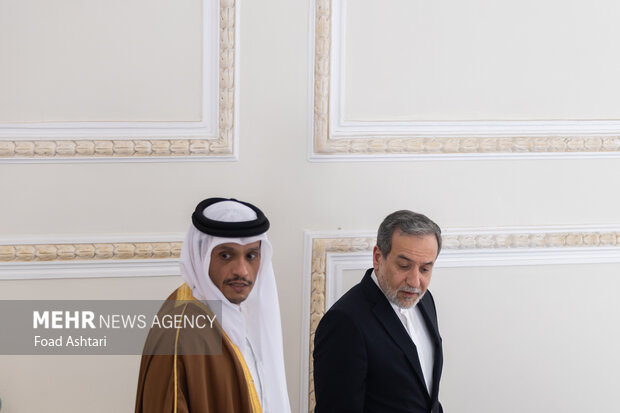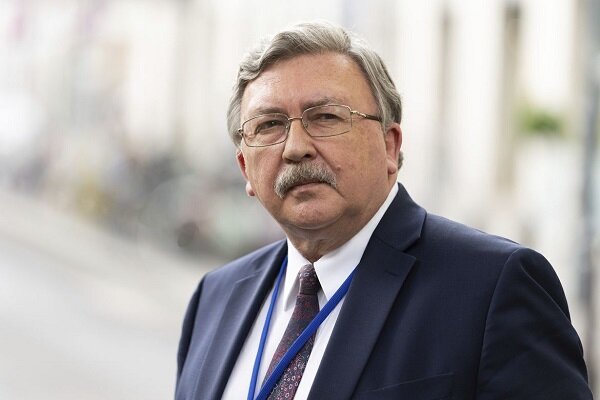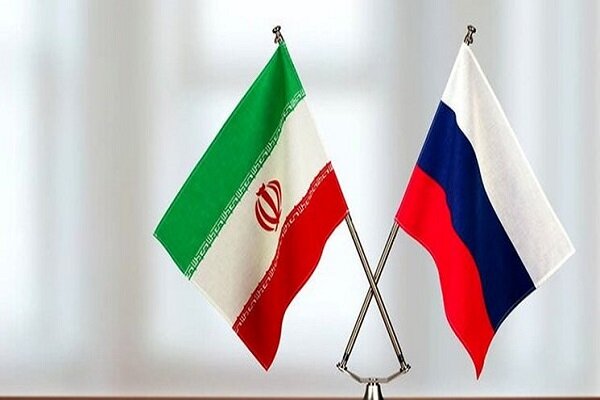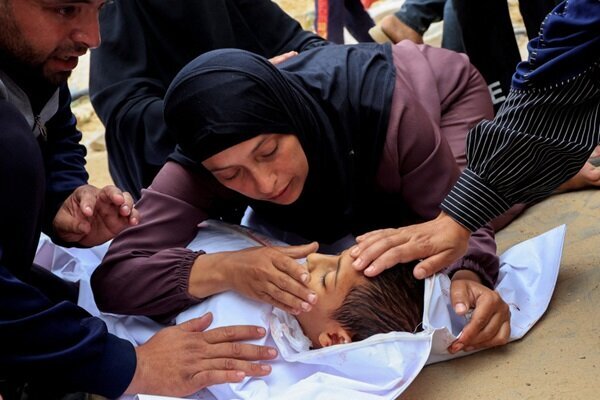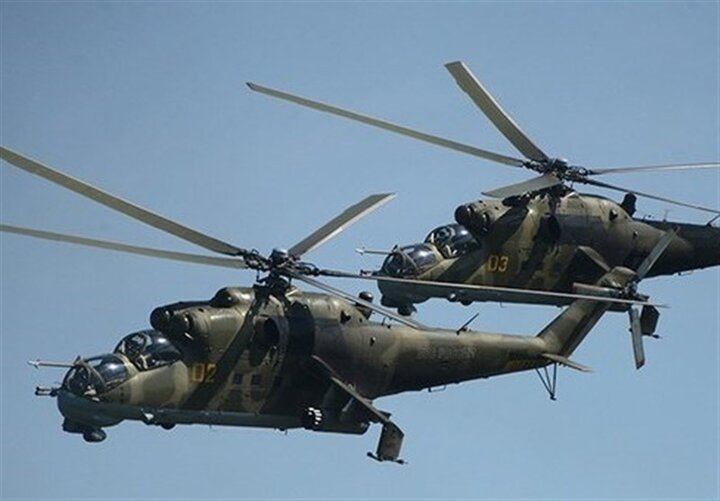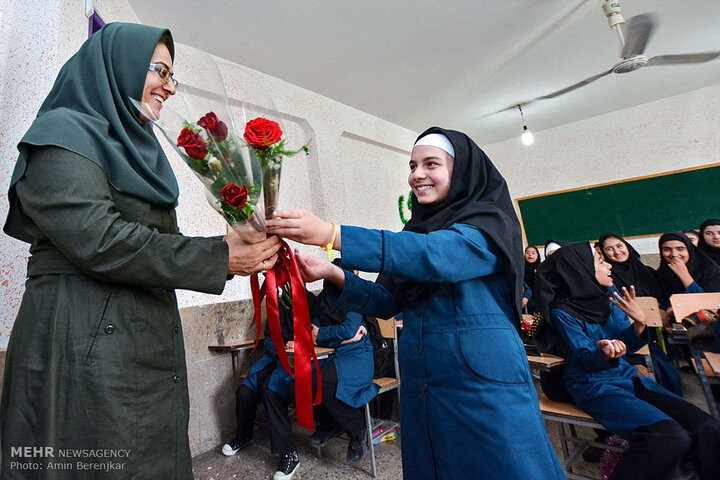
In Iran, Teachers’ Day is a special day for paying tribute to teachers and appreciating their efforts. Iranians mark the occasion by paying homage to teachers across the country.
Teacher’s Day is a special day for the appreciation of teachers and may include celebrations to honor them for their special contributions in a particular field area, or the community tone in education.
As in many parts of the world, teaching is also sacred in Iran and the young and old sustain undying respect for those who strove so hard to increase their knowledge, honoring them with a small gift or flowers on this day.
Teachers are the architects of society and without them, no society can walk in the path of progression. Teaching is an art and a teacher is an artist. Knowledge, contemplation, and creativity are the characteristics of a teacher that go along with the science of the day.
Because of the spiritual impact of teachers, students are highly affected by them so they may even change the fate of their nation. Most people owe their success to their teachers.
Today, Iran is celebrating Teachers’ Day which marks the day in memory of Ayatollah Morteza Motahari who was assassinated on May 1, 1979.
The 12th day of Ordibehesht, the 12th day of the second month on the Iranian calendar, which fell on May 1 this year, has been designated as Teachers’ Day in Iran to commemorate the martyrdom of Ayatollah Morteza Motahari, an Iranian cleric, philosopher, lecturer, and politician. Motahhari is considered to have an important influence on the ideologies of the Islamic Republic, among others.
Ayatollah Morteza Motahari was one of the most prominent intellectual and cultural figures of modern time. With a very high command of Islamic teachings, he met the myriads of the needs of the present generation. Having novel ideas, creative thoughts, and a proper understanding of Islam, Ayatollah Motahari played an important role in the enlightenment of enthusiasts, especially teachers and academics.
Motahari was one of the main axes of coordination among ulema and university professors during the exile of Imam Khomeini. He has always been regarded as a very knowledgeable expert of Islam and a powerful philosopher who was aware of the conditions of the time.
The awareness of the young generation was an important aim of Motahari and he has written so many books for them, including “Dastan-e Rastan” which received an award from UNESCO in 1965.
Motahari has also written many books on Islam, Iran, and historical topics. He did mostly work on giving lectures about Islam rather than writing books. However, after his martyrdom, some of his students worked on writing these lectures and managing them in order to publish them as books.
He served in Tehran University as the head of the Department of Theology and Islamic Teachings. At the time of his assassination, he was the president of the Constitutional Council of the Islamic Republic of Iran and a member of the Revolutionary Council.
Because of his activities, he was favored by revolutionary people and was hated by anti-revolutionary groups, such as the Furqan Group. On 1 May 1979, Morteza Motahari was assassinated in Tehran by gunshot after leaving a late meeting at the house of Yadollah Sahabi. The Furqan Group claimed responsibility for the assassination.
Ahead of this year’s National Teachers Day, a group of Iranian noble teachers held a meeting with the country’s President Ebrahim Raeisi.
Speaking at the meeting, Raeisi hailed the role of teachers in the field of dedication and said, “The issue of education is the basis of building the country, protecting the society, the basis for cultural, economic and social growth, and the basis for the promotion of a generation.”
As a cultural revolution, the Islamic Revolution of Iran has paid attention to culture, human development and Quranic society, Raeisi noted.
The Iranian government respect all Iranian teachers, he said, adding, “We seek to pay attention to education and the lofty status of teachers.”
Every attention to the teachers is an investment for the country, president Raeisi said.
Leader of the Islamic Revolution Ayatollah Seyyed Ali Khamenei also receives a group of Iranian teachers on the occasion of National Teachers Day each year.
MNA/
